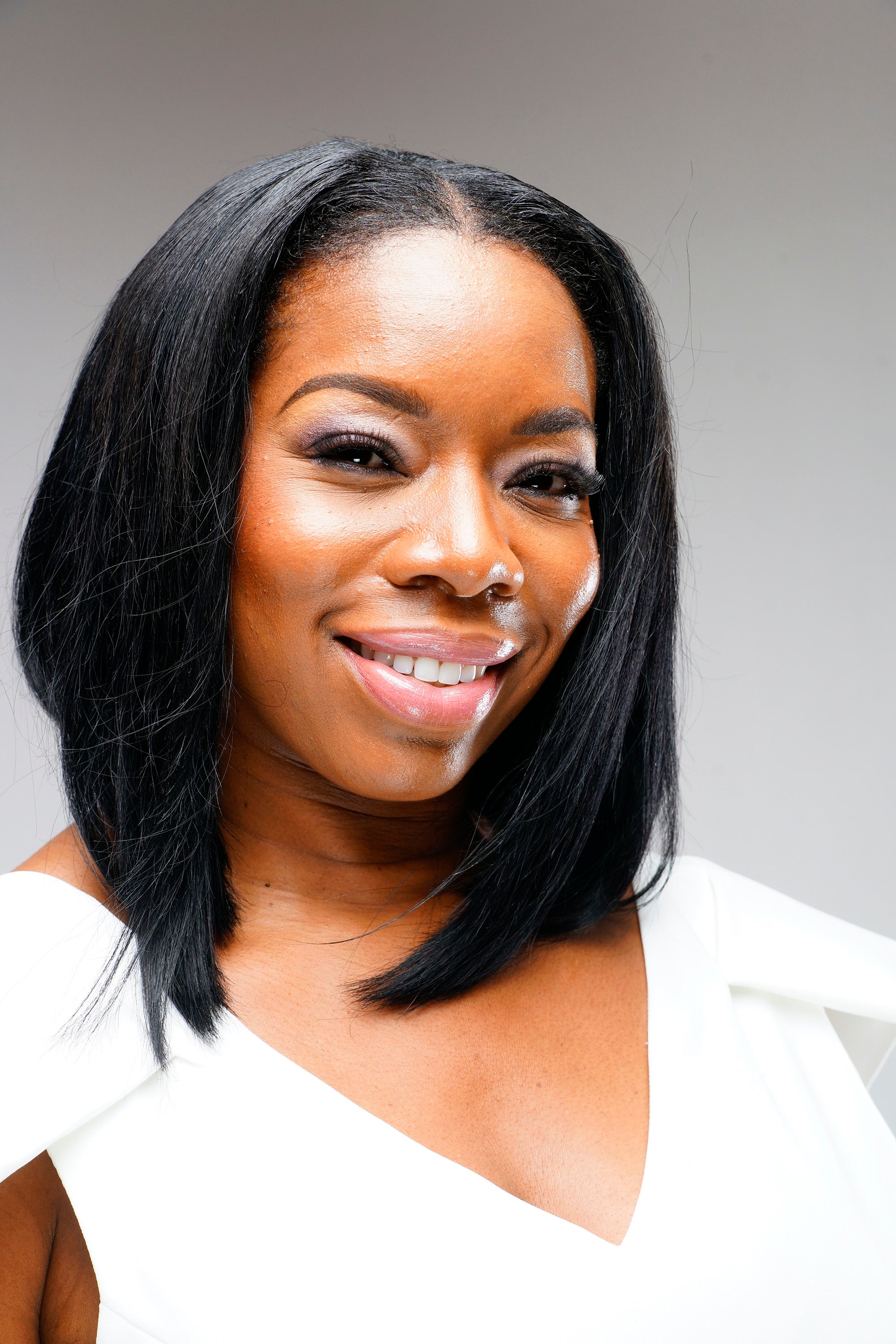
Dr. Jerisa Berry met her husband when she was 34-year-old, and expanding the family wasn’t their first priority. After tying the knot, they wanted to enjoy time as Mr. and Mrs. before becoming mom and dad.
Little did Dr. Berry know, she, like many other women around the world would have difficulties getting pregnant and carrying a viable pregnancy. After going through the painful experience of miscarriage, Berry and her husband decided to use their medical expertise as practicing physicians to bring awareness and knowledge to the fertility struggles that so many face.
In 2015, they began to develop Secure Your Fertility–the web app designed to help womenlearn more about their biological clock and what they can do to preserve it.
Speaking with ESSENCE, Dr. Berry explains why developing the app was such a passion project and what women can learn from knowing their fertility status no matter their age or health level.
“My husband and I just decided that we wanted to do something where it wasn’t just creating awareness of opportunity but really bringing more direct access to this particular test that helps women gain a sense of their egg reserve,” the Howard University graduate said. “Honestly, because I felt like women were, even myself, you go through life and you wait and you finally think you’re doing things right, you know and then unfortunately you may have difficulty and there’s so many women.”
“The problem is, number one, women have to realize that when your mind is ready, when you are ready to emotionally and mentally have a child, your body may not. It may take three months for your ovaries to mature and eggs to ovulation. Alot of women think, ‘Okay, I’m ready to have a baby now’ but there’s things that you should do to your body if you’re over 35. You should really be doing things to increase your chances by making lifestyle modifications but I don’t want women to fall into the thought perception that you have time, when you may not and that’s where knowing your status comes in because you don’t have to just assume or just out there somewhere that ‘I’ll be okay’ because you may, unfortunately, not be okay but here’s what can help you know in the mean time.”
The app is designed to help women learn more about their anti-mullerian hormone (AMH, a protein hormone produced by cells in the ovary) level. Various levels of AMH in a woman’s body can influence her probablity of conception. The lower it is, the harder pregnancy becomes.
“An AMH reading of but 1.5 and up is considered normal. The higher the number is you do have a good egg reserve. When you’re 1.5 and lower definitely lower than 1.0, then that is a concern. It needs to raise a flag, of course the lower it is the more of a concern.”
When going through this process, Dr. Berry advises that all women should keep in mind that everyone’s body is not the same–what may be easy or difficult for others doesn’t translate for all.
“Every woman is different. Every woman has their own set of eggs, their own set of ovaries, numbers and your girlfriend who might have had no problems getting pregnant at 39, you may have problems getting pregnant at 29. We really shouldn’t compare ourselves to other women that may have advanced maternal age that unfortunately may not be misleading.”
To learn more about the Secure Your Fertility Web App, click here.